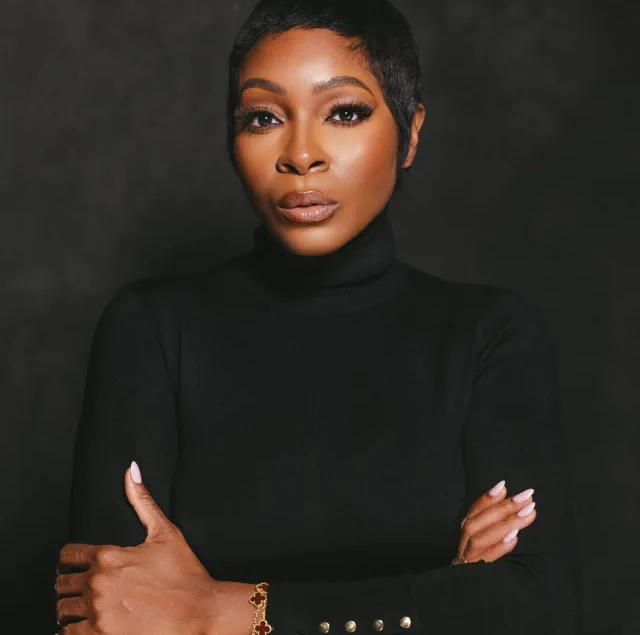This Black Female Founder Is Giving Free Mental Health Services To Minority Entrepreneurs

Every entrepreneur knows that running a business is not for the fainthearted. You’re often working several hours a day, balancing several tasks, managing your own cash flow, and then there’s the extra burden of being a Black or Brown entrepreneur.
81% of minority founders experience mental health issues, with 60% experiencing anxiety and 20% dealing with depression. It’s an aspect of being a business person that isn’t spoken about widely enough, especially for minorities.
This is what drove wellness entrepreneur and founder of BodyCompleteRx, Samia Gore, to launch Foundnwell, a community-driven non-profit that provides free mental health services to minority entrepreneurs. Gore has entrusted licensed therapist and founder of Black Female Therapists, Amber Dee, as its lead therapist.
POCIT spoke to Gore and Dee about the realities Black and brown founders face, experiencing burnout as a founder, and how FoundNwell is founded.
Gore experiencing burnout
After losing over 80 pounds, Gore used supplements to help manage her weight loss journey. During that process, she saw an opportunity to improve certain supplements by making them cleaner and purer. “I launched my own brand, BodyCompleteRx, in 2015, which is sold at Vitamin Shop and Target nationwide.”
During the first five to six years of running that business, Gore said she was constantly on the go as she was raising four children, going through a divorce, and having to manage her own personal life. “Ultimately, that led to burnout and a crash out, then where I realized like, ‘hey, I need to step away.”
When she ventured into the world of entrepreneurship, she didn’t think that she would struggle with her mental health. “Nobody was talking about that part. Like we were all seeing the highlight reels of everybody’s businesses, but like nobody was really talking about the struggles, the anxiety, and sometimes the depression that comes with the up and down seasons of being an entrepreneur,” Gore says.
But, an honest conversation with another entrepreneur made her realise there wasn’t really any safe spaces for minority entreprenuers. “There’s probably a group of people who are entrepreneurs who have no network, no people that they can really talk to, who are also in this space to bounce things off that need to know that ‘Hey, you’re not alone in this'”
So, FoundNwell was born not only as a place where minorities could access therapy but as a space where they can meet other entreprenuers experiencing the same challenges.
Black and Brown entreprenuers struggling with their mental health
As a founder of Black Female Therapist, Dee understands the struggles Black founders face when starting a business. One of those struggles is being ‘the first’. Several minority entreprenuers often build their businesses from the ground up with limited knowledge, including Dee. “I didn’t have anyone to look to in my network or family who had started a business. I had to learn and build it myself.”
“I feel like creating this space is something that was super, super needed, because you have founders who are doing well, but a lot of times, they’re the first in these areas, right?” They’re the first ones in their families to start these businesses. So on top of running a business, being stressed and anxious, you also have that whole other layer of carrying that weight, of being the first.”
“It’s easy to be burnt out when you’re always going, going, going, and you never have a space to release and or just a safe space to talk about those things that are going on.”
Signs of burnout for entrepreneurs
It’s common for business owners to experience burnout, but it shows up in different ways, Dee tells POCIT. “It can show up in your body. You know, physically, when you’re lacking focus, you’re not sleeping well, you’re not eating well, or you’re you just having anxiety about a lot of different things.”
Other signs of burnout include lack of motivation, fatigue, social withdrawal, and reduced performance.
How is FoundNwell funded?
Currently, Gore is funding the business from her own pocket. “Right now, I’m able to fund the company personally, so this is actually like a personal passion project for me. But we’re looking to grow and receive sponsorship and funding from outside sources.”
“We aim to expand the program beyond therapy services to include other initiatives that support the mental health of black founders.”
Image: Samia Gore



